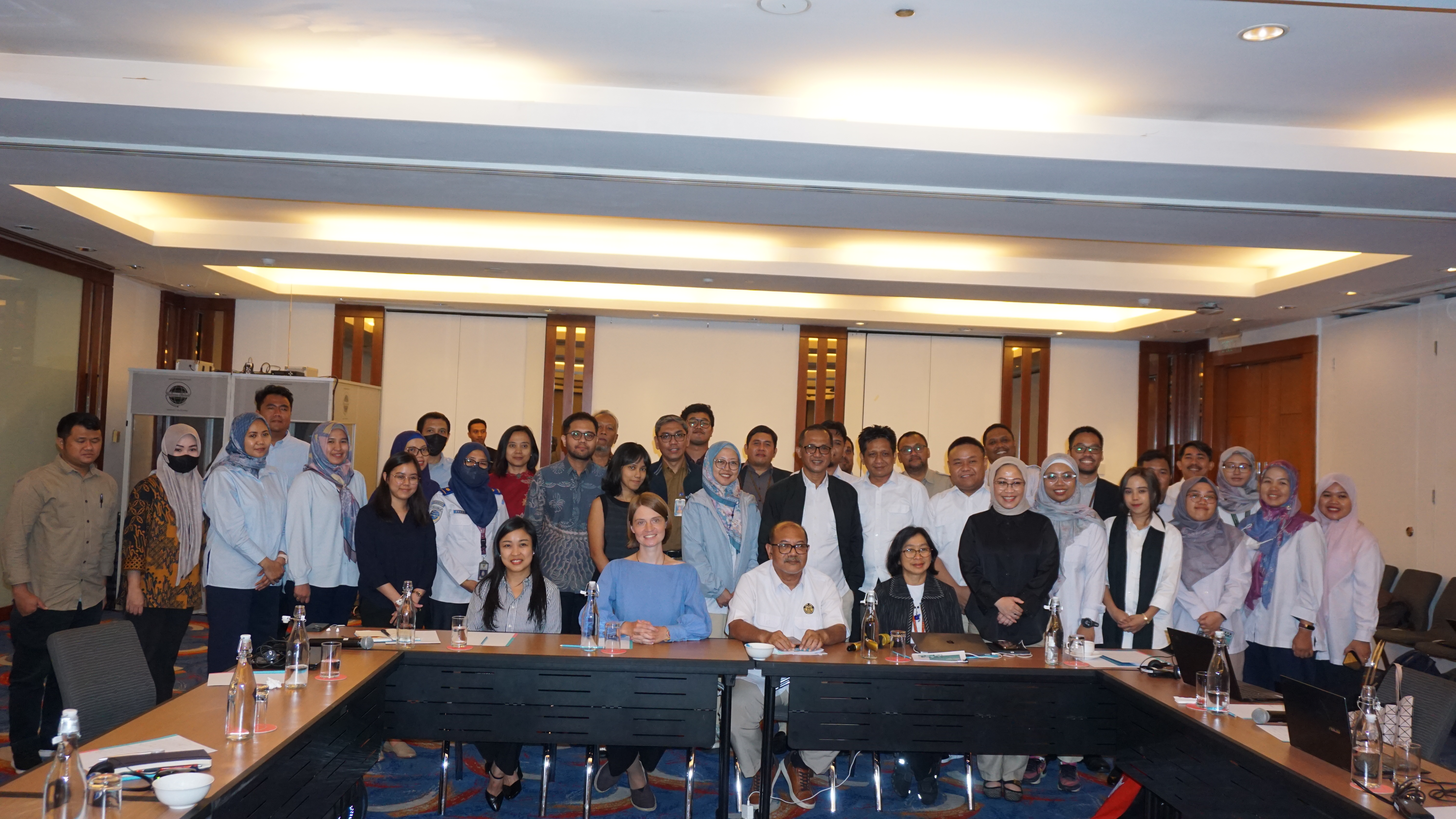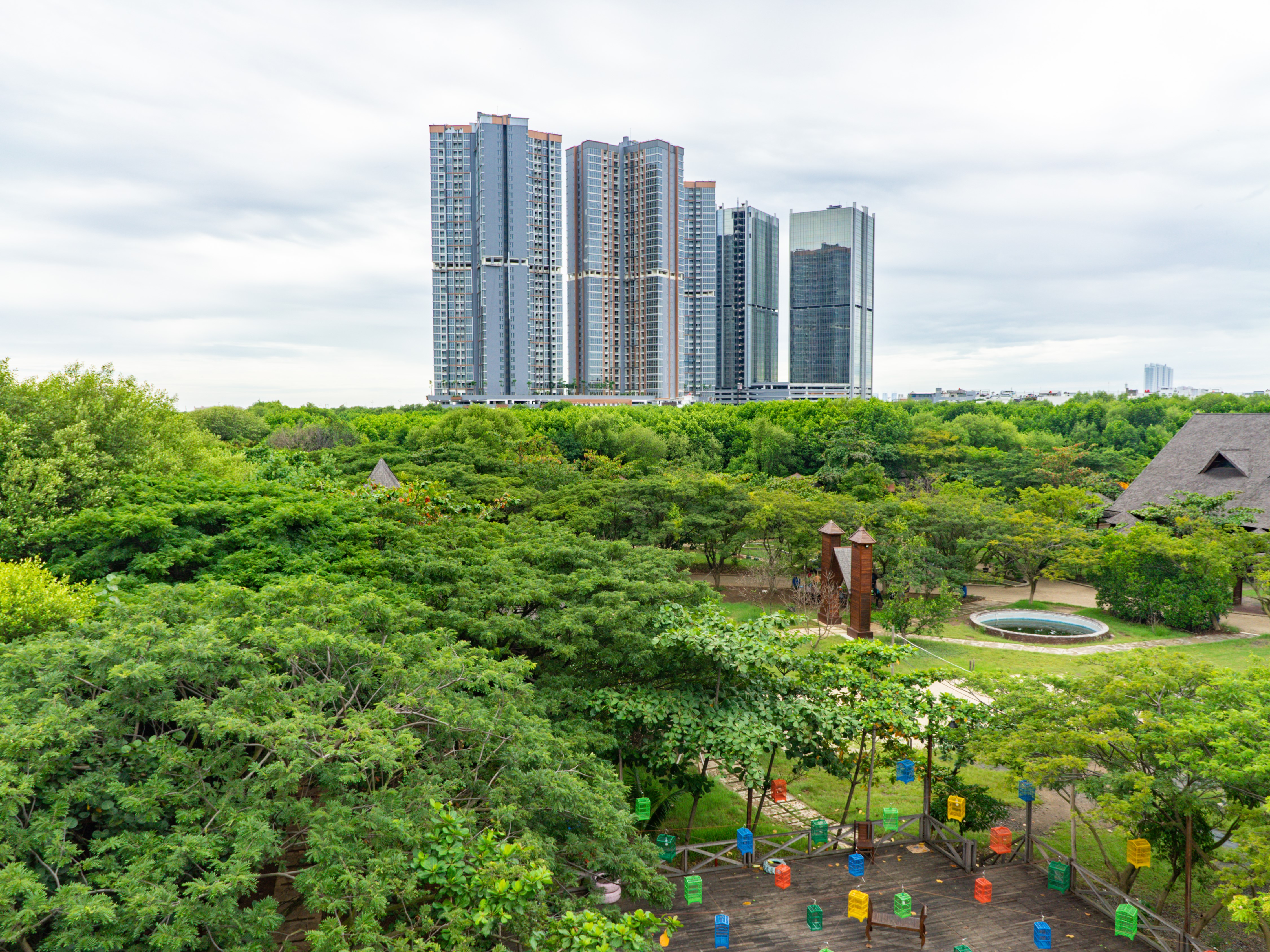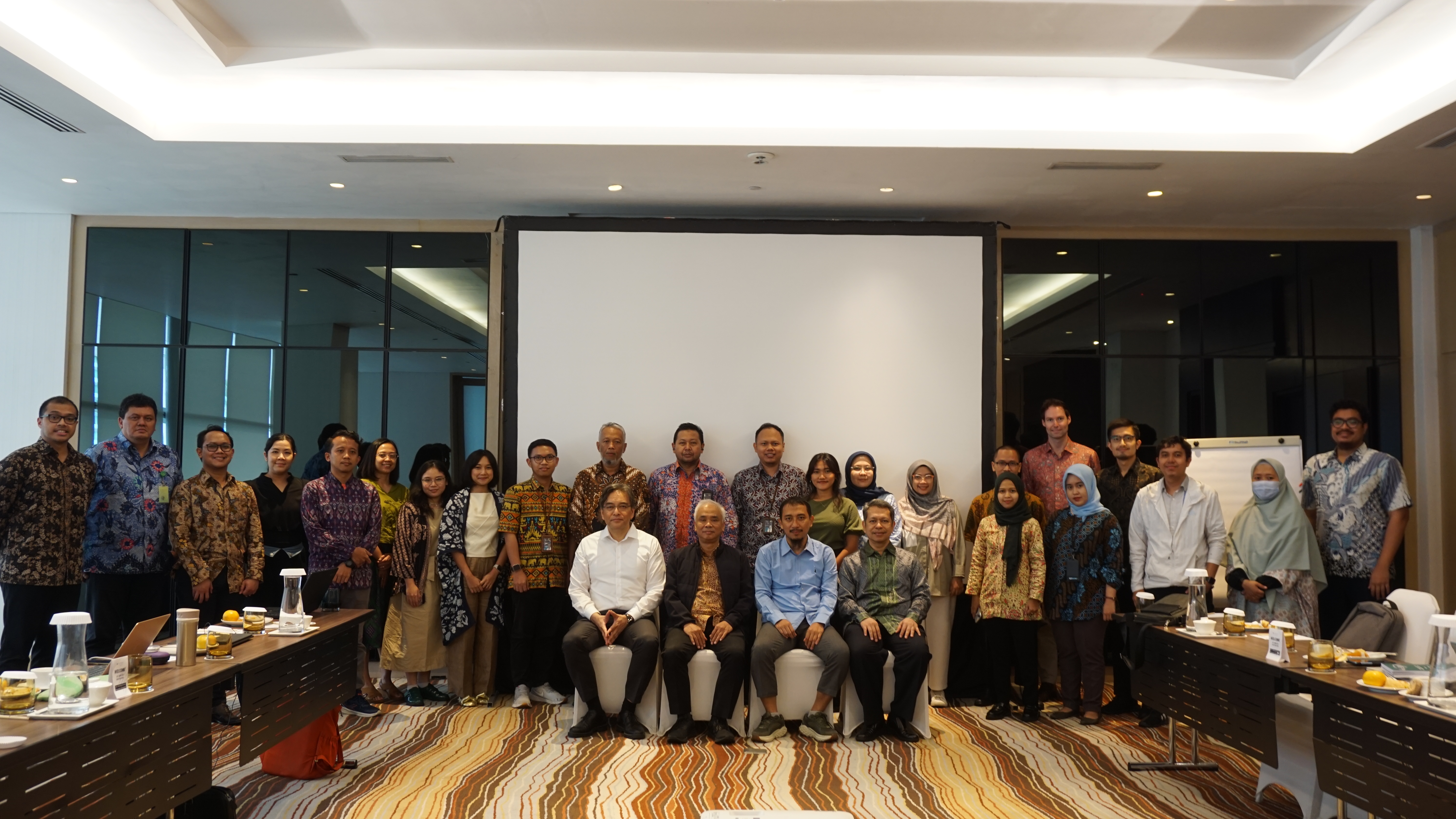Low Carbon Buildings to Achieve Indonesia’s Climate Ambitions
Jakarta, Indonesia September 23rd, 2024 – The Ministry of Public Works and Housing (MoPWH) is committed to reducing greenhouse gas (GHG) emissions from the building sector through the planning and implementation of low-carbon buildings as part of its efforts to achieve Indonesia’s climate ambition.

In accordance with the Nationally Determined Contribution (NDC) Mitigation Implementation Roadmap, and as part of the GHG emission reduction commitment from the energy sector, the Ministry is targeting emission reductions of 1.91 million tons of CO₂e in the commercial building sub-sector and 25.87 million tons of CO₂e in the residential building sub-sector through energy efficiency efforts by 2030. This commitment was shared at the launch event and the first steering committee meeting of the Asia Low-Carbon Buildings Transition (ALCBT) project in Jakarta.
“The building sector is one of Indonesia’s main contributors to greenhouse gas emissions in Indonesia. Energy efficiency in the implementation of green buildings is in line with the National Medium-Term Development Plan (RPJMN) 2025-2029, which focuses on low-carbon development,” said Diana Kusumastuti, Director General of Human Settlements at the MoPWH.
The ALCBT project is a collaboration between the Global Green Growth Institute (GGGI) Indonesia, ASEAN Centre For Energy (ACE), HEAT International, and Energy Efficiency Services Limited (EESL) and the Government of Indonesia, represented by the MoPWH and the Ministry of Energy and Mineral Resources (MEMR). The project is implemented through a grant from the International Climate Initiative (IKI), an agency under the German Federal Ministry for Economic Affairs and Climate Action (BMWK).
According to MoPWH’s Green Building Implementation and Development Roadmap 2024, energy use in the building sector accounted for 33% of Indonesia’s total GHG emissions from 2011 to 2021. However, the Government is committed to implementing mandatory energy management in all sectors in accordance with Government Regulation No. 33 of 2023 on Energy Conservation.
The ALCBT project is expected to be a key solution in significantly reducing these emissions by 2028. In addition to Indonesia, the project will also be implemented in four other Asian countries, namely India, Cambodia, Thailand, and Vietnam.
The event began with a strategic briefing from the MoPWH’s Directorate General of Human Settlements and the MEMR’s Directorate General of New, Renewable Energy and Energy Conservation (EBTKE). In their remarks, they expressed their hopes for the ALCBT project.
“The project will support Indonesia’s energy transition efforts through the implementation of low-carbon buildings that include buildings managed by the national and regional governments. Of the 4,751 government buildings that are required to implement and report on energy management, it is assumed that by saving energy by 19% alone, the MEMR calculates that emission reductions could reach 1.06 million tons of CO₂e,” said Hendra Iswahyudi, Director of Energy Conservation, on behalf of the Director General of EBTKE at the MEMR.
Ambolas Manalu, Senior Associate for Energy Efficiency at GGGI Indonesia, also shared the challenges of the ALCBT program. “Decarbonization of buildings in Indonesia needs to be done not only in terms of energy efficiency, but also measuring, reporting, and verifying the carbon generated from the construction of a building such as the type of material, material transportation, and construction waste. This is also known as embodied carbon in the building sector and is currently still very complex to plan in Indonesia,” said Ambolas.
The ALCBT project will apply a comprehensive approach, using technical planning and institutional tools that have proven effective in other contexts. The involvement of stakeholders from the public and private sectors will be key in the implementation process, ensuring broad participation and ownership of the initiative.
About ALCBT
The Asia Low Carbon Buildings Transition (ALCBT) Project seeks to significantly reduce GHG emissions by catalysing nationwide transitions towards low carbon buildings in Cambodia, India, Indonesia, Thailand, and Vietnam. Learn more.




